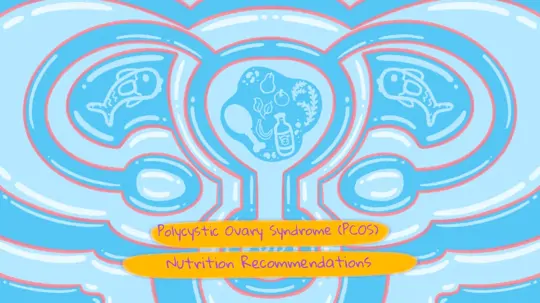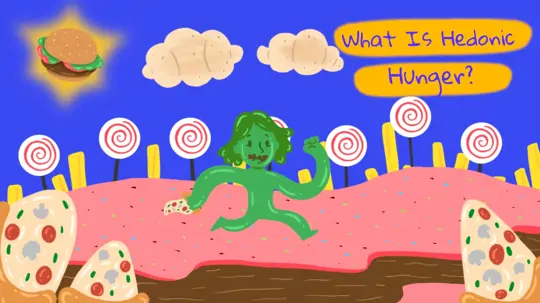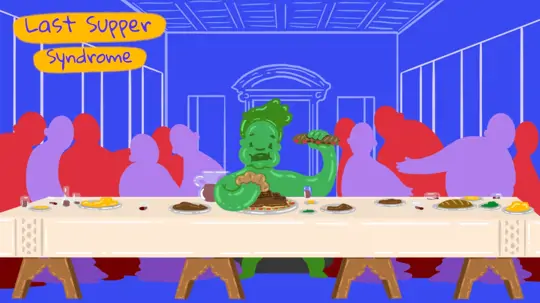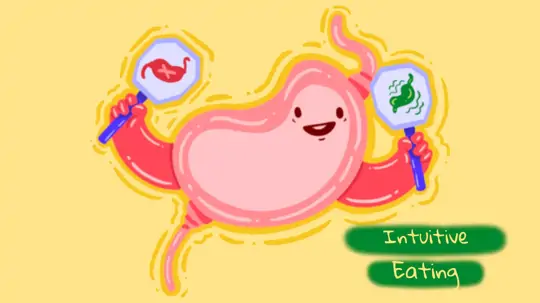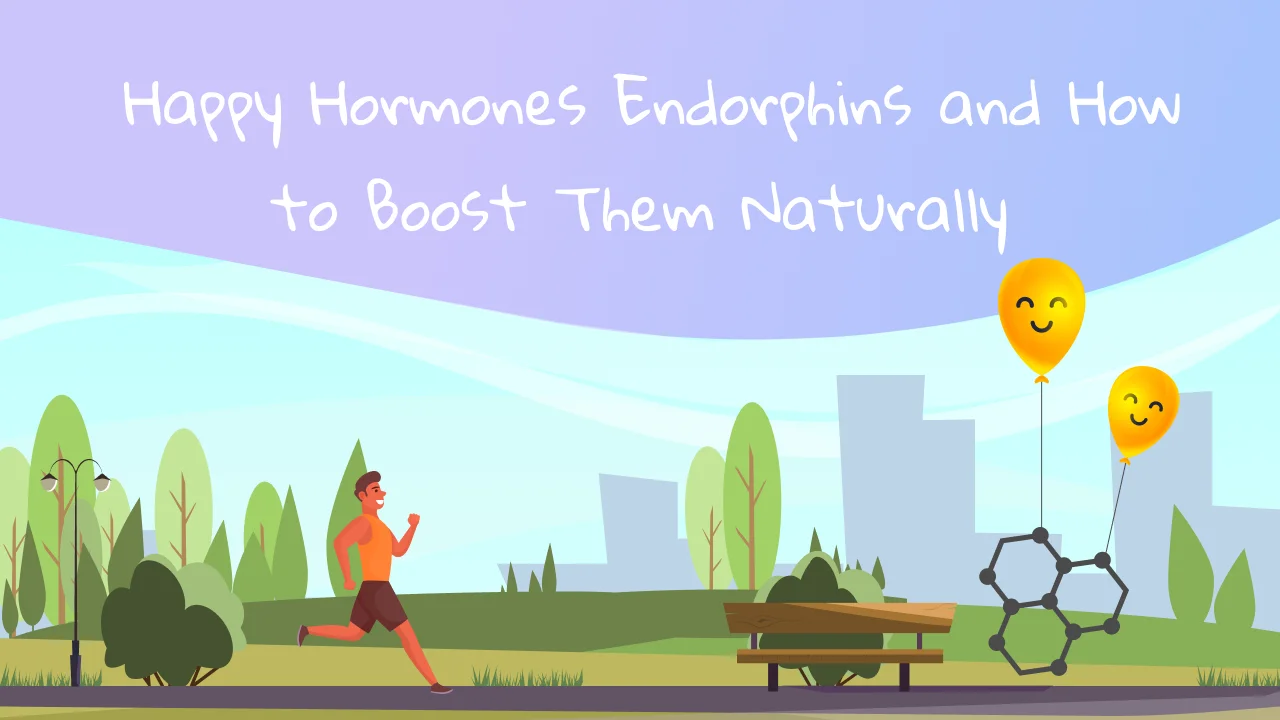
Start feeling better today!
Connect with your therapist today and take control of your life like our 850.000 happy clients.
Get StartedHormones That Bring Happiness
Emotions emerge with different chemical reactions in our body in response to various situations and events. These reactions are responsible for generating both negative and positive emotions. Emotions such as anger and sadness are negatively charged, while others such as excitement and happiness appear positive.
Although the range of our emotions is quite wide, we will discuss in detail the feeling of happiness, which is one of the most basic emotions.
Happiness is an emotional state that feels good both physically and psychologically1. A physiological process produces the feeling of satisfaction that we get from this feeling, which makes us feel good in our bodies. Thanks to the hormones that release happiness in our body, we feel and learn this emotion. The four most well-known happiness hormones are as follows2:
- Enorphins
- Serotonin
- Dopamine
- Oxytocin
When we are full of enthusiasm, happiness is secreted by these hormones, and these hormones show themselves with an energy that we cannot stay in our place.
What is Endorphin Hormone?
The hormone endorphin is a chemical that our body produces in situations of stress, pain, or suffering. Endorphins help relieve pain, reduce stress, and improve your sense of well-being. It is also secreted during pleasurable activities such as exercise, eating, and sexuality.
When endorphins are released, we feel less pain, and our stress level decreases. For this reason, the pain of a blow we receive during a match is understood later, not in the excitement of the moment.

The most familiar happiness hormone, endorphin, appears as a neurotransmitter that serves to transmit signals between neurons3. While neurotransmitters, which are an important part of the central nervous system, can quickly transmit incoming signals, namely commands, to nearby neurons, they also undertake the task of suppressing these signals when necessary. In this way, the endorphin hormone is responsible for both increasing the feeling of happiness and reducing the feeling of pain when it is secreted4.
There is more than one place in the body where endorphins are produced:
- Pituitary Gland
- Spinal Cord
- Brain
- Peripheral nervous system
There are different types of endorphins, each serving a different purpose. Some of these are known to be even more effective than morphine at relieving pain5.
How to Boost Endorphins
The hormone endorphin is a hormone that we can increase according to our diet and lifestyle, and we can see the benefits as we increase it. You can use the following tips to increase the secretion of endorphins6:
- Eating a small piece of dark chocolate, which is the first food that comes to mind when it comes to how the happiness hormone is secreted
- Exercising at a fast pace
- Listening to a type of music you love
- Reducing the body's fight-or-flight response by meditating
- Getting a massage
- Eating spicy food
- Laughing with teeth showing and mouth open
- Taking off your shoes and touching the floor outside for a walk
- Spending a pleasant time with the people you love, establishing healthy social relationships

The Difference Between Endorphins and Serotonin
Although serotonin, known as another happiness hormone, is often used instead of endorphin, there are both similarities and differences between them. Serotonin hormones have similar properties with endorphins in terms of providing happiness and enthusiasm.
Serotonin, which helps prevent depression, is effective in regulating both sleep and appetite7. But unlike endorphin, it is also effective in cases of inflammation and allergic reactions by increasing the permeability of the vessels instead of suppressing the feeling of pain8.
Although serotonin has different functions than endorphins, it has many benefits as a happiness hormone. The methods of increasing serotonin are also different from those for the endorphin hormone. Below, you can find tips on how to increase the hormone serotonin3:
- Take sunlight and vitamin D.
- Think of places, people, and memories that make you happy.
- Consume foods containing tryptophan, such as soybeans, cow's milk, walnuts, corn, and bananas.
- Do exercises that won't tire you out but keep your body moving.
- Be careful not to go out of your healthy weight range.
Psychological Importance of Endorphin Hormone
Given the way it emerges, happiness, which has begun to be discussed in the positive psychology literature, is a complex and open to interpretation concept.What situations make us happy, what happens if we don't feel happy, and how we try to be happy individually are all debatable.
From a physiological point of view, happiness appears as a more concrete concept thanks to the hormones secreted by our body. Endorphin hormone influences whether we feel happy or sad as a result of chemical reactions in our bodies.
When the endorphin, which reduces stress and makes you happy, is secreted, it causes both physical and psychological changes.In addition, endorphins, which reduce the pain felt, are an important support in terms of increasing the resistance of an individual in the depression process and providing a balanced emotional state.
Being able to increase the level of endorphins with various methods shows that feeling happy is as accessible as it is complex. An individual who takes care of his body's needs and strives for them tries to increase the endorphin hormone as the most natural way to feel happy and reduce his pain.
Sources
- Jacobsen, B. (2007). What is happiness?. Existential Analysis: Journal of the Society for Existential Analysis, 18(1).
- Dfarhud, D., Malmir, M., & Khanahmadi, M. (2014). Happiness & health: the biological factors-systematic review article. Iranian journal of public health, 43(11), 1468.
- Александрович, П. С. (2018). Hormones of Happiness.
- Ghosh, S. K. (2018). Happy hormones at work: applying the learnings from neuroscience to improve and sustain workplace happiness. NHRD Network Journal, 11(4), 83-92.
- Breuning, L. G. (2012). Meet your happy chemicals. System Integrity Press.
- Huten, A. ENDORPHINS: HAPPY HORMONE!.
- Argyle, M. (2013). The psychology of happiness. Routledge.
- Veenhoven, R. (1989). Conclusions (Chapter 11) of" How harmful is happiness? Consequences of enjoying life or not".
